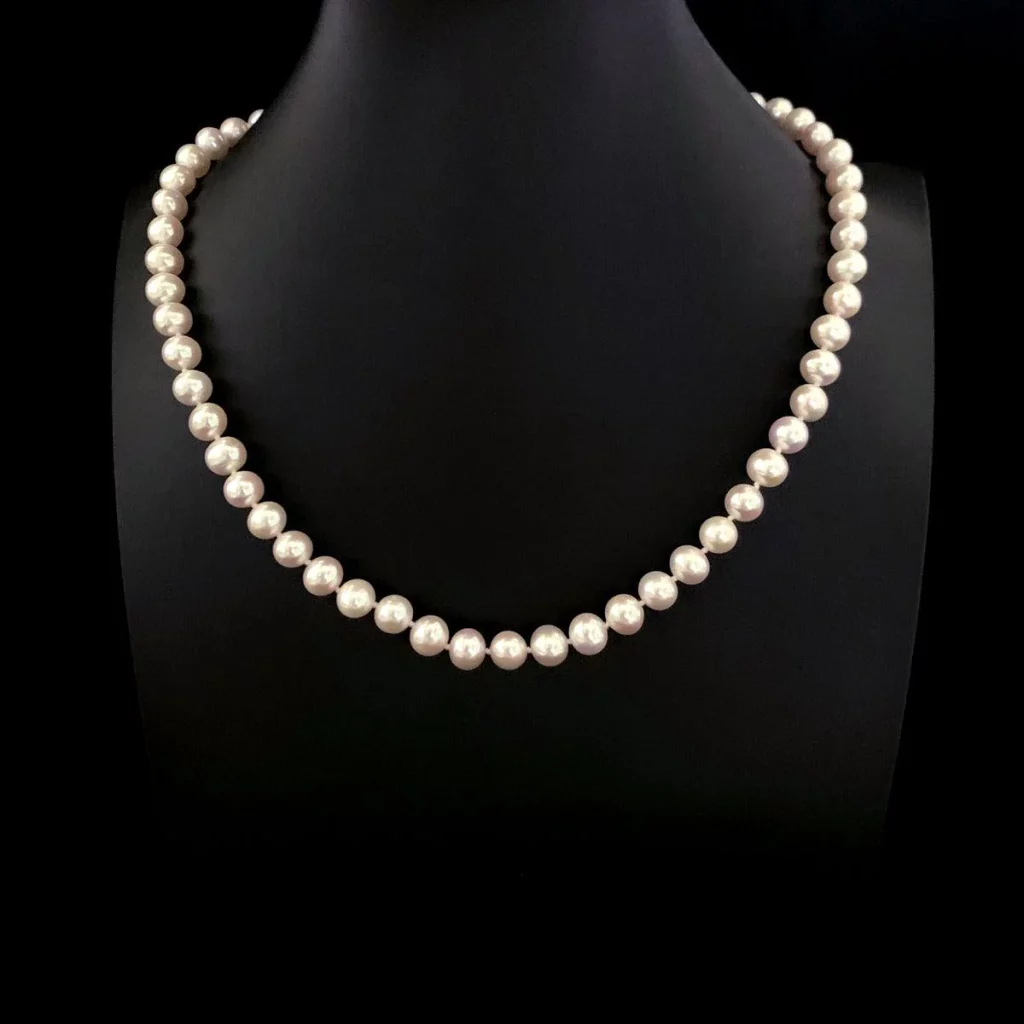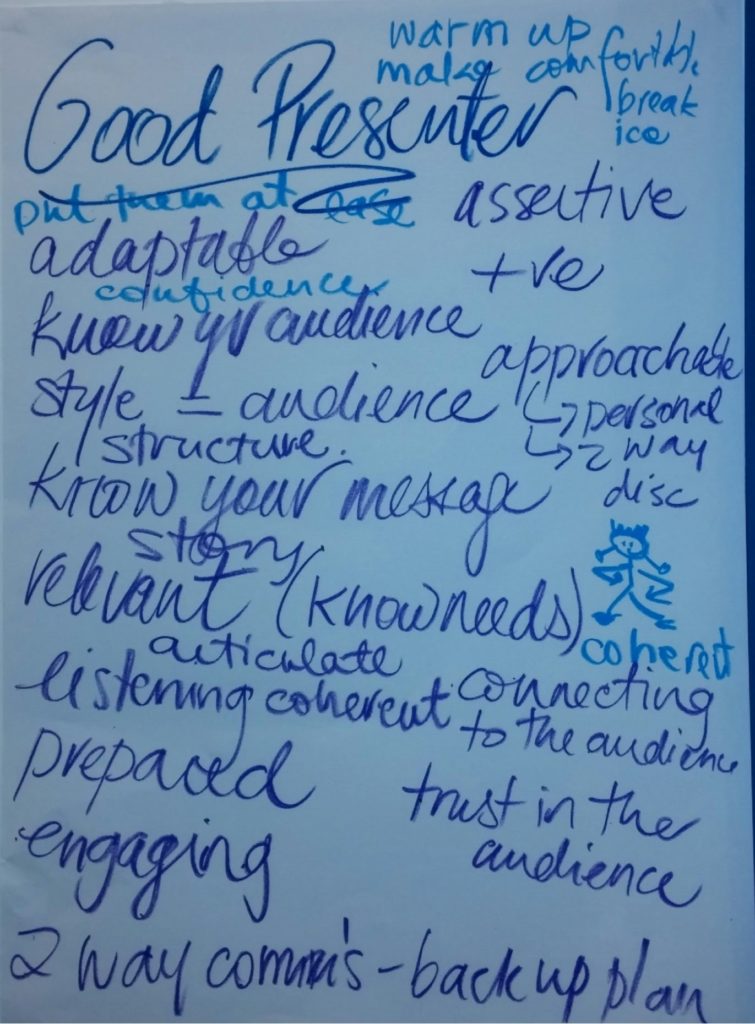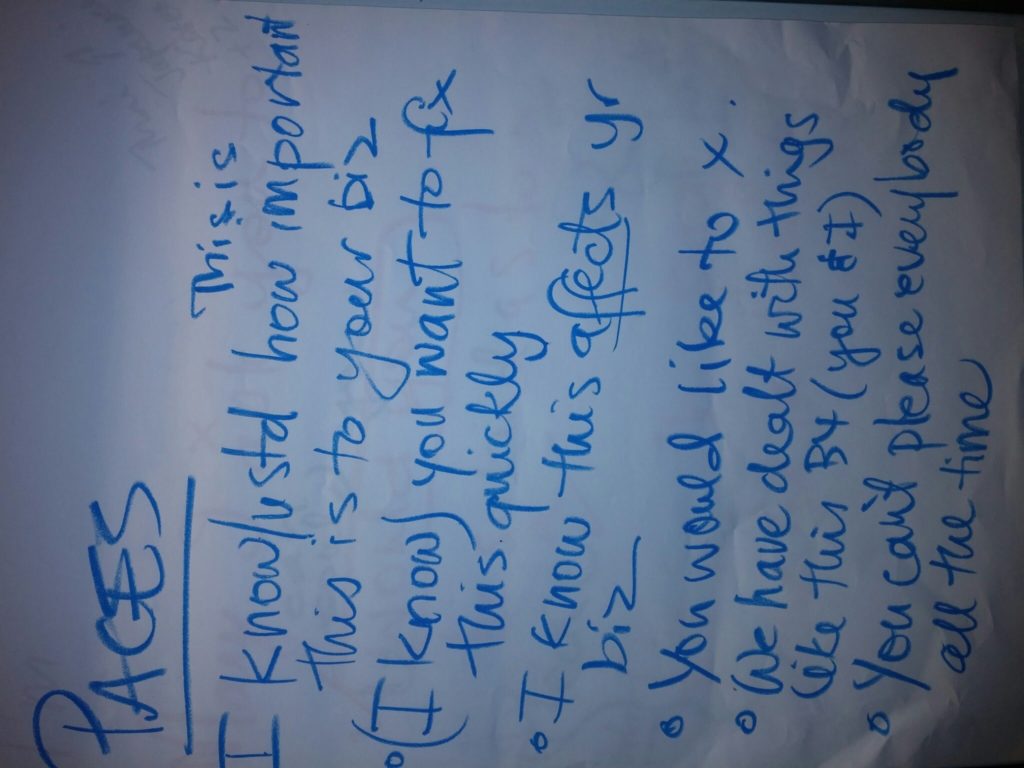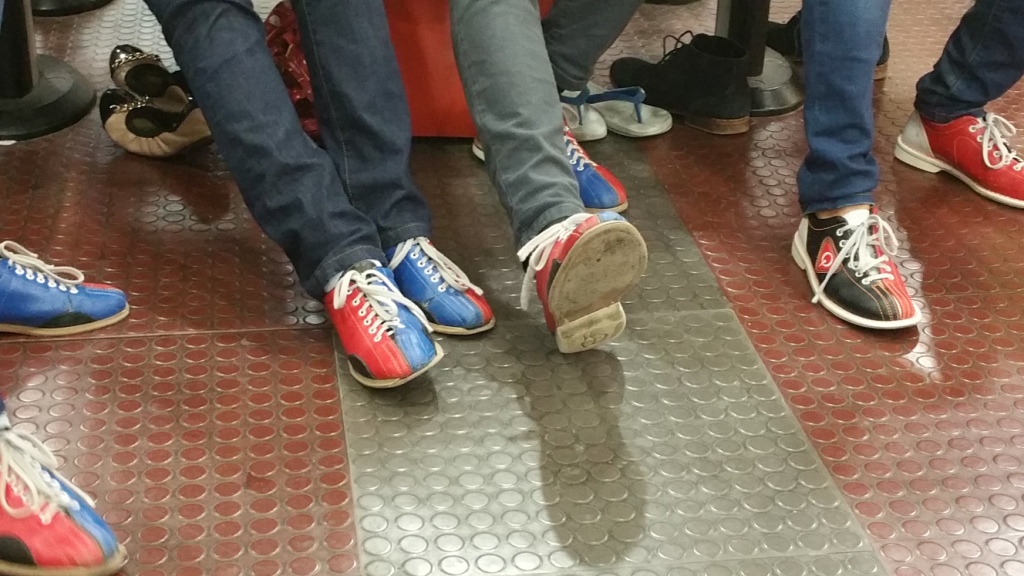Cracked has put together a very useful counterbalance to a lot of the mainstream self-help advice. 5 Popular Self-Help Tips That Actually Hurt Your Career advises (based on research) these 5 things:
1. Being too smart makes you crack under pressure.
“Smart people have higher working memory capacity to work with, either because they trained it or they were born with it. This higher working-memory allows them to excel, but studies have found that it also causes them to screw up more often than the rest of us”
“The stress brought on by the extra incentives didn’t affect the stupid guys at all, while the [smarter ones] were pissing in their boots
2. Visualising your own success makes you lazier
“people who are more likely to fantasize about being successful are also more likely to apply for fewer jobs, earn a lower salary, and get fewer job offers”
3. Telling your goals to your friends makes you give up faster
By announcing our intentions to the rest of the world, we get a taste of the same recognition we’d get if we actually accomplished those goals. Unfortunately, for most people that small taste is enough and they’ll be less motivated to follow through with their work.
4. Getting constant feedback can hurt your career
“if you’re a Gen-Yer, then chances are you love it — it’s been reported that most young workers today crave constant feedback”
“Instead of helping them, the feedback took them out of their heads and made them more confused than not… when the task itself is difficult, there’s a lot of information your brain has to keep track of, and if on top of that you also have to make sense of what your supervisor is telling you, then the information overload will distract you from making good decisions.
5. Being morally questionable is not (necessarily) a shortcut
Previous research had proved that when you’re physically burdened, you also perceive hills to be steeper and distances to be longer. This is a psychological effect: When we’re tired, we think of challenges ahead of us as harder to accomplish. Turns out that the same thing happens when the burden is in our minds rather than on our shoulders.
Read the whole article.






